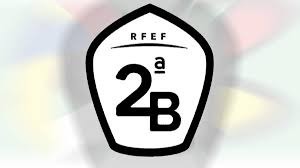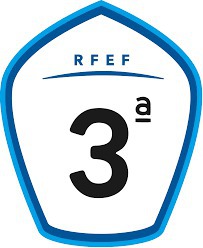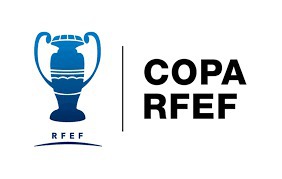Newspaper articles for February 2020 from IES MAESTRE DE CALATRAVA, Ciudad Real
Internet security.docx
Spanish football league.docx
Spanish football league
Santander league (first division)
The first division of football in Spain-known as Santander League for financial support reasons, and officially named as Campeonato Nacional de Liga de Primera División It is the maximum masculine category in the league system in Spain; and the principal club competition in this country. The Liga de Fútbol Profesional (LFP) has been organised since 1984, coming after the Real Federación Española de Fútbol (RFEF). The RFEF league was played since the 1928/1929 season. Only interrumped from 1936 to 1939, due to the Civil War.
Smartbank league (second division) 
The football's Second Division-known as the Campeonato Nacional de Liga de Segunda División or LaLiga Smartbank, it's the second category in the Spain leagues system. It started to be disputed in the 1928/29, together with the First Division; it's been organised by the LFP since 1984.
Sccond division B
The National Championship of the Second Division B's League is the third category of the Spanish football League. It was introduced in 1977 as an intermediate category between the second and third division. Its organisation depends on the RFEF. Its status is semiprofessional and, in spite of not being integrated in the LFP, the vast majority of its clubs has a professional organisation. The actual absolute champion is C.F. Fuenlabrada in the 2018/19 season. Currently, this club is in second division.
Third division 
This league is the fourth category in the Spanish football league since 1977. Presently, is the immediate division under the Second Division B and above the regional competitions, that's why it is considered the last national category in the Spanish league. However, it works as a regional competition, now that truthfully, the only part with a national level is the promotion to be in Second Division B ( disputed at the end of the season. This division was created in the 1929/30 season and it isn't a professional category.
"La Copa Real Federación Española de Fútbol", better known as"Copa Federación", is a football official national competition, celebrated and organised by the "Real Federación Española de Fútbol". It's been played since the 1993-94 season as a tournament for a more modest football, with a similar format to the Copa del Rey.
The Second Division B and Third Division clubs compete on this competition once a year because they didn't get a chance to play in Copa del Rey o they were eliminated in the first round. Also subsidiary groups compete for this tournament - unless their first team doesn't play.
Currently, it's played with 2 leg qualifying rounds, including the final round. It's disputed in 2 phases: the first one is a regional one, and in the second one participate the winners of each region with the eliminated teams in the first round of Copa Del Rey and the winner of the last season. 
The team that has won "la Copa RFEF" more times is CD Puertollano, that made it on 3 occasions (1994, 2006 and 2011). With 2 football titles on this league we can contemplate the teams CD Ourense (2008 and 2014), Pontevedra CF (2007 y 2018) and Real Jaén CF in 2009 and another in its primitive format, in 1952. The SD Lemona has been in 2nd place in 2 occasions (2011 y 2012).
The actual champion in the 2018-19 season is the CD Mirandés, winning ( 5-2 ) against UE Cornellà. Is the champion of the 26th edition of the tournament.
Authors: DAVID ABENÓJAR GARCÍA-MORENO
ALEJANDRO ESPINOSA SOBRINO
Translation by: LUCIA INES QUIRALTE
Original article was published in Spanish digital newspapers Calatrava times on link https://calatravatimes.home.blog/team/
xxxxxxxxx
Internet security
Internet is a world wide web, that uses the telephone line to pass on information.Since we have all had access to this platform, we are constantly connected to the net. Internet provides us entertainment and information. But we have to be aware of the dangers of surfing the net without being careful of where it can take us.
In the majority of the apps that the Internet offers us like social media, an account has to be created and personal details given, in order to identify oneself. But we have to be careful because very often, because these apps ask us for personal information that mustn't be revealed because of privacy laws. In that case, one must know that, that app, web or source of information can be misleading; it doesn't fulfil the data protection act. 
Specifically, there are platforms nowadays, that have advanced thanks to the evolution of technology. For example, Instagram or Tik Tok, have diverse security options and the consequences that entail regarding not obeying the data protection act of any other person are made clear.
If we don't take notice of these warnings, the consequences could be very serious. For example:
• They could harass us for sending our personal details.
• They could hack into our account and upload inappropriate photos or videos and could make them public.
There are apps that prevent this from happening, not many, but there are some of a very good quality that protect your device and identity. They are called " antivirus " that clean our devices.
Authors: Lucía Inés Quiralte Tweddle.
Claudia Cañas Moreno-Manzanaro
Original article was published in the online digital newspaper: https://calatravatimes.home.blog/reportajes/